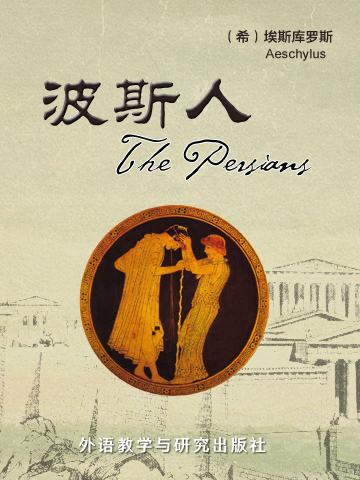Already o'er the adverse strand
In arms the monarch's martial squadrons spread;
The threat'ning ruin shakes the land,
And each tall city bows its tower'd head.
Bark bound to bark, their wondrous way
They bridge across the indignant sea;
The narrow Hellespont's vex'd waves disdain,
His proud neck taught to wear the chain.
《波斯人》上演于公元前472年,是独立的悲剧,也是现存唯一的取材于历史题材的古希腊悲剧。抒发了诗人激昂的爱国热情、抨击了波斯帝国的独裁,赞扬雅典的民主,把雅典人在萨拉弥斯取得的胜利描写成民主政治和自由民集体的胜利。
The Persians is one of a trilogy of unconnected tragedies presented in 472 BC. Written during the Classical period of Ancient Greece, it dramatizes recent history rather than events from the distant age of mythical heroes.. The play treats the decisive repulse of the Persians from Greece in 480, in particular their defeat at the Battle of Salamis.
- CHARACTERS IN THE PLAY
- 书评 写书评
- 笔记
-
书评加载中...















 京公网安备 11010802032529号
京公网安备 11010802032529号
笔记加载中...